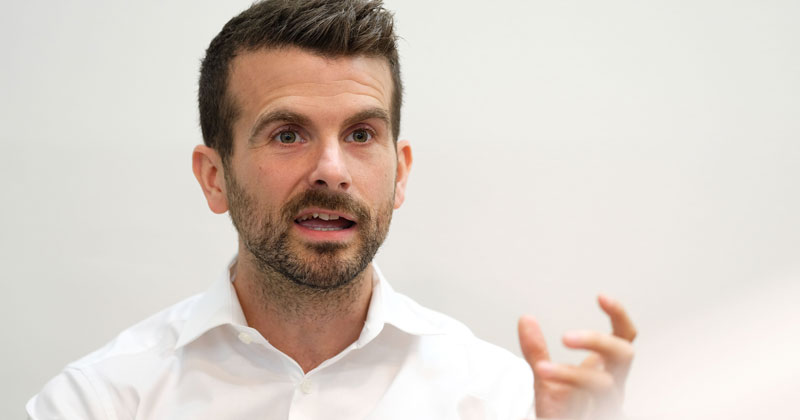Proposals requiring families of children subject to protection enquiries to get council consent for home education risk creating an “abuser’s charter”, the government has been warned.
Bridget Phillipson, the education secretary, announced this week that she would legislate for new powers and protections for children in the social care system.
Under one proposal, families of children subject to child protection enquiries or plans will need local authority consent to withdraw their children to educate them at home.
The law would also give councils the power to require children already in home education to attend school if they become subject to an enquiry or plan.
Child protection enquiries are made when councils have “reasonable cause to suspect that a child who lives, or is found, in their area is suffering, or is likely to suffer, significant harm”.
A child protection plan sets out the action that needs to be taken to keep the child safe.
‘Abuser’s charter’ warning
Wendy Charles-Warner, of home education campaign group Education Otherwise, said it was “perfectly reasonable” to require consent for those with child protection plans.
But including those who are subject to protection enquiries would “lead to any child referred to children’s social services for assessment being subject to (presumably) a school attendance order, regardless of the outcome of that referral”.
Government data shows there were more than 621,000 referrals to children’s social services in the year to March 2024, compared to 49,900 protection plans.
Charles-Warner said the new law risked becoming an “abuser’s charter”.
She added: “This will also lead to abusive former partners or individuals seeking to harass families making nuisance-mongering referrals in order to exploit the provision to further their abuse and harassment.”
In its policy paper on the proposals, the government said it would “be further aided by our plans to enable local authorities to consider the home and any other learning environment when determining whether home education is suitable”.
Charles-Warner said this “appears to be a statement of intent to introduce mandatory home visits and inspections”.
“There is no basis for mandating such meetings, which would invade the privacy of every home-educating family and do nothing to ‘safeguard’ children.”
‘Protective factor that school can offer was missing’
It comes as a growing number of parents are choosing to educate their children at home. Labour has pledged to create a register of children not in school, and a single unique identifier so children can be tracked across different services.
A Schools Week investigation found the rate at which children left the classroom for home education doubled last year, with big increases in some of the country’s most deprived areas.
A Child Safeguarding Practice Review Panel report in May warned that children in home education had died or were abused because “the protective factor that school can offer was missing from their lives”.
Most children in home education were “safe, thrive and live happy lives”, it added.
The panel, which conducts reviews of serious child safeguarding cases, published a report about 27 referrals received between August 2020 and October 2021 about 41 children who were not in school.
The children were “subjected to sexual abuse, physical abuse and neglect”. Six children died and the 35 others were “seriously harmed”.
The panel found that home-educated children who were the focus of safeguarding reviews were “less visible to safeguarding agencies than those who attend school”.
Twenty-three children were previously known to social care as children in need or were the subject of a child protection plan. But half of the children “appear to have been kept out of sight of any agency”.
However, home-educating families have increasingly warned that they are being forced to take their children out of school because their needs are not being met.
More parents ‘forced to home educate’
Stephen Kingdom, a former DfE adviser, warned that “increasing numbers of parents are forced to home educate because they have been unable to get the support their children need in schools.

“We also know… that failings in social care can lead to parents of disabled children being subject to child protection proceedings rather than receiving the help they need.”
The government has confirmed that it will extend the duty of councils to promote the educational achievement of looked-after children, children in need and those on protection plans to kinship carers. The role will be carried out by virtual school heads.
Ministers will “consider whether the extensions to the role of the virtual school head should include a requirement to support all children leaving custody”.
Phillipson has also announced a “crack down” on care providers making “excessive profits”.
Several large companies providing social care also run independent special schools. Schools Week asked the DfE what it expects the policy impact to be on the schooling side of the firms’ work. It has received no response.











